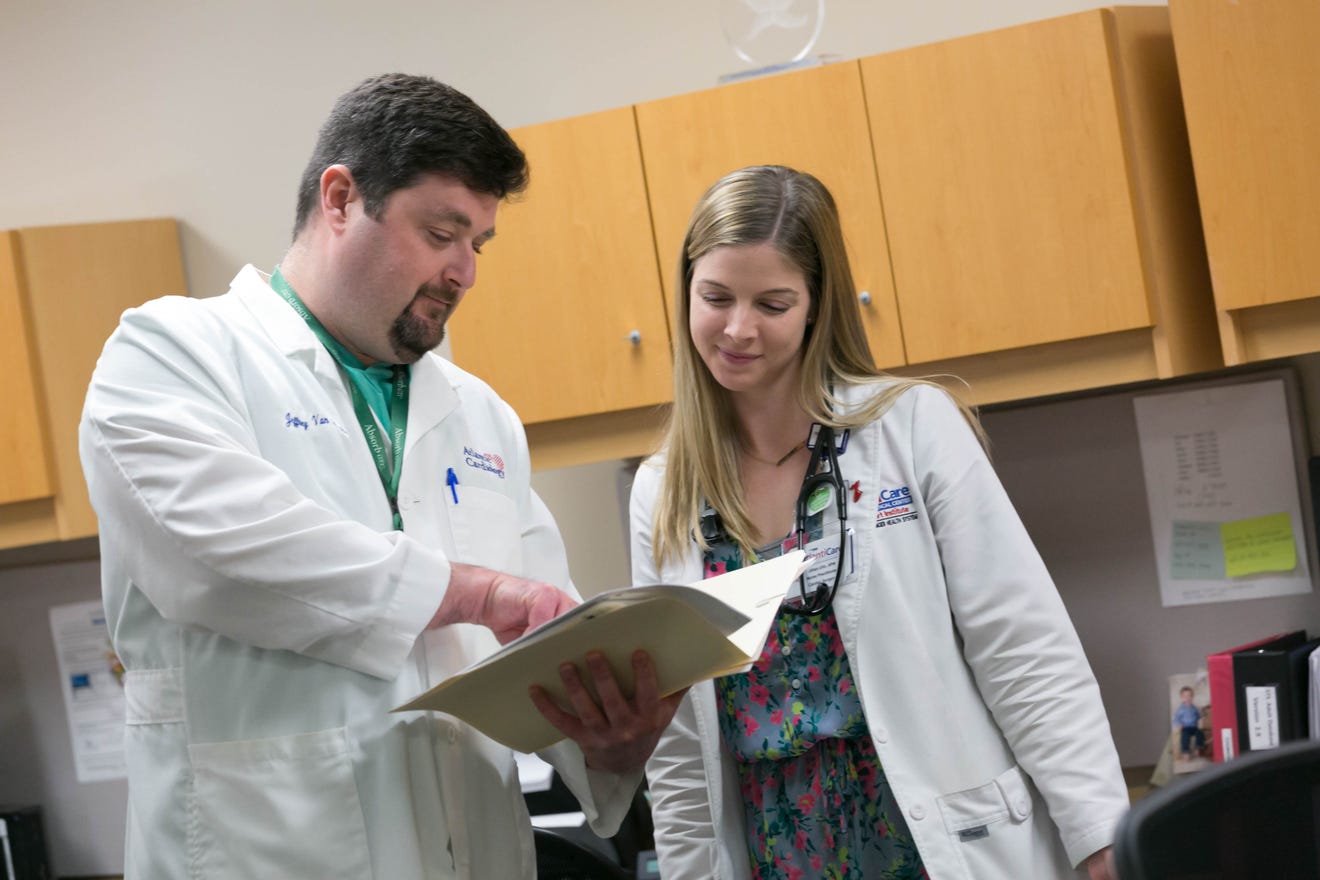Heart-healthy Tips
February 10, 2021

When it comes to improving your health, a good place to start is your heart. According to the American Heart Association heart disease is the leading cause of death in the United States, responsible for more deaths than all forms of cancer combined. As grim as the numbers may be, however, the good news is that there are steps everyone can take to lower their risk for heart disease.
In fact, 80% of heart disease is preventable. Knowing the risk factors and taking the necessary steps to control them can make a world of a difference in an individual’s life.
Who’s at risk for heart disease?
Heart disease can strike anyone, but there are some things that increase a person’s risk. According to the American Heart Association, there are seven primary risk factors including:
- Smoking
- Lack of physical activity
- A poor diet
- Being overweight
- Poor cholesterol
- High blood pressure
- High blood sugar
How to protect your heart health
No matter how high your current risk level, there are steps everyone can take to protect and improve their heart health. Start out with these six heart-healthy tips:
1. Improve your diet
First, focus on what you should eat — namely fruits and vegetables. Work in at least five servings a day. Beyond that, try to limit sugar and processed foods as much as possible and focus on low-fat, low-sodium and whole grain foods. Also, avoid fried foods, which have been linked to heart disease.
2. Exercise
Start moving! It doesn’t have to be a lot either. While 30-60 minutes a day is ideal, every bit helps. Research published by the Harvard Medical School shows that even as little as 15 minutes of exercise a day boosts one’s life expectancy. Of course, more is better, but some exercise is always better than none.
3. Reduce stress

While stress seems like more of a mental issue, its physical effects are very real. The Harvard Medical School research has also shown that stress can increase inflammation, cause high blood pressure and even negatively affect your cholesterol. Not only that, but it can also contribute to other health issues like not getting enough sleep, failing to make good food choices and skipping exercise, which are also risk factors for heart disease. The good news is that other heart-healthy activities like exercising, getting enough sleep and eating well can also be effective ways to reduce stress.
4. Monitor your blood pressure numbers
Chances are that even if your blood pressure is high, you won’t know it unless you check it. There are often no symptoms, but the consequences of high blood pressure can be deadly. If you’ve never had high blood pressure, then getting it checked by a professional once every two years is adequate, according to the Centers for Disease Control and Prevention, but if yours is high or you have other risk factors for heart disease, you’ll need to work with your health care providers to set a more regular schedule for monitoring your blood pressure.
5. Get adequate sleep
Getting enough sleep (7-9 hours, according to most experts) isn’t just to save you from bags under your eyes and the need for that extra jolt of caffeine. A consistent lack of sleep can actually lead to a variety of health conditions that contribute to heart disease and stroke, such as obesity, high blood pressure and Type 2 diabetes, according to the CDC.
6. Get help from medical professionals

If you’re at risk for heart disease or need treatment, make sure you have an experienced team of doctors and medical professionals you can turn to for support and care. For example, The Heart & Vascular Institute at AtlantiCare provides exclusive, close-to-home services to those in the area. They offer the only diagnostic and interventional cardiac catheterization lab and only full-service cardiac surgery program in the southeastern New Jersey.
Treating structural heart disease
AtlantiCare’s Structural Heart Program provides patients with compassionate care that uses the latest minimally invasive procedures performed by a multidisciplinary heart team that tailors care to each patient’s specific needs. Treatment with minimally invasive valve procedures, such as transcatheter aortic valve replacement (TAVR), have been proven to improve the quality life for their patients. In fact, AtlantiCare patients’ quality of life metric (86.3%) after a TAVR procedure continues to be above the national average (71.85%), according to 2020 statistics from the National Cardiovascular Data Registry.


